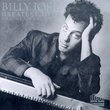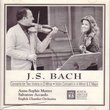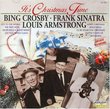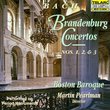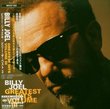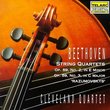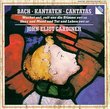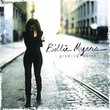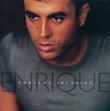| All Artists: Darius Milhaud, Abraham Wolf Binder, Ruth Schonthal, John Zorn, Sholom Secunda Title: Jewish String Quartets (Milken Archive of American Jewish Music) Members Wishing: 2 Total Copies: 0 Label: Milken Archive Original Release Date: 1/1/2006 Re-Release Date: 1/17/2006 Genres: Folk, International Music, Classical Styles: Jewish & Yiddish, Chamber Music Number of Discs: 1 SwapaCD Credits: 1 UPC: 636943945124 |
Search - Darius Milhaud, Abraham Wolf Binder, Ruth Schonthal :: Jewish String Quartets (Milken Archive of American Jewish Music)
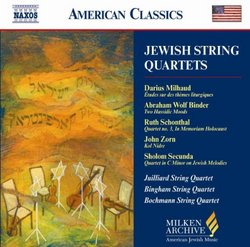 | Darius Milhaud, Abraham Wolf Binder, Ruth Schonthal Jewish String Quartets (Milken Archive of American Jewish Music) Genres: Folk, International Music, Classical
These very different string quartets all draw on traditional hassidic melodies and liturgical chants. Milhaud's contrasting, dissonant but tonal "Three Etudes" (1973) are based on the Provencal melodies he grew up with; lo... more » |
Larger Image |
CD Details
Synopsis
Amazon.com
These very different string quartets all draw on traditional hassidic melodies and liturgical chants. Milhaud's contrasting, dissonant but tonal "Three Etudes" (1973) are based on the Provencal melodies he grew up with; lost and rediscovered, this is their premier recording. Binder's "Hassidic Moods" (1934) resemble the single-voice chanting and combined, undulating murmurs heard at Orthodox synagogues, interwoven with spooky sound effects and intricate counterpoint. Zorn's "Kol nidrei" (1996) is a simple, devout meditation on the prayer's melody. Solidly in A-minor, the middle voices move in thirds between a sustained low and high E; the intensity rises and falls in a natural flow. Secunda, one of the most famous songwriters of the Yiddish theater, always aspired to write "serious" music. In his String Quartet (1945), he tried to achieve this dream, but his "pop-culture" roots proved inescapable. Based on liturgical melodies, it is genuinely heart-felt, but closer to the sound-track than the synagogue. Schonthal's "In Memoriam Holocaust" (1997) is the program's most wrenching piece. Wild, abrasive, pleading, interrupted by long silences, it vividly evokes the death camps' horrors with realistic sound effects like thuds, groans, wails and screams. The instruments represent individual victims; playing singly and together, they produces a many-layered cacophony that seems to emanate from the depths of unbearable anguish. The performances are totally admirable. --Edith Eisler
Similarly Requested CDs
| Bing Crosby, Frank Sinatra It's Christmas Time Genres: Jazz, Special Interest, Pop, Classical, Broadway & Vocalists Label: Delta | |
| Billy Joel Greatest Hits III (Mlps) Genres: Folk, Pop, Rock, Classic Rock Label: Sony Japan | |
| Bach, Gardiner, Monteverdi Choir Cantatas 140 & 147 Genre: Classical Label: Polygram Records | |
| Billie Myers Growing Pains Genres: Folk, Pop, Rock Label: Umvd Labels | |
| Enrique Iglesias Enrique Genres: Pop, Rock, Broadway & Vocalists, Latin Music Label: Interscope Records | |

 Track Listings (12) - Disc #1
Track Listings (12) - Disc #1
